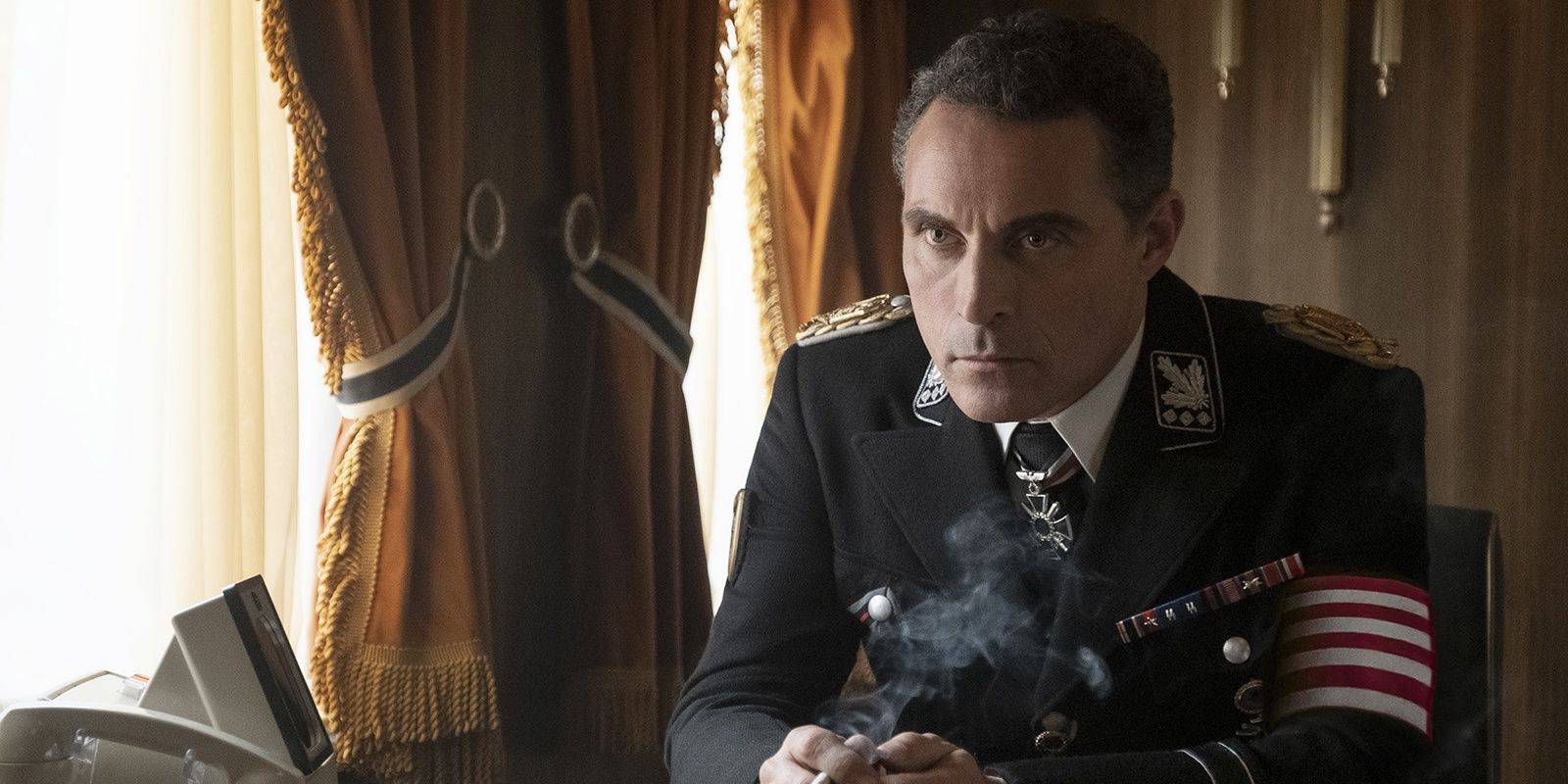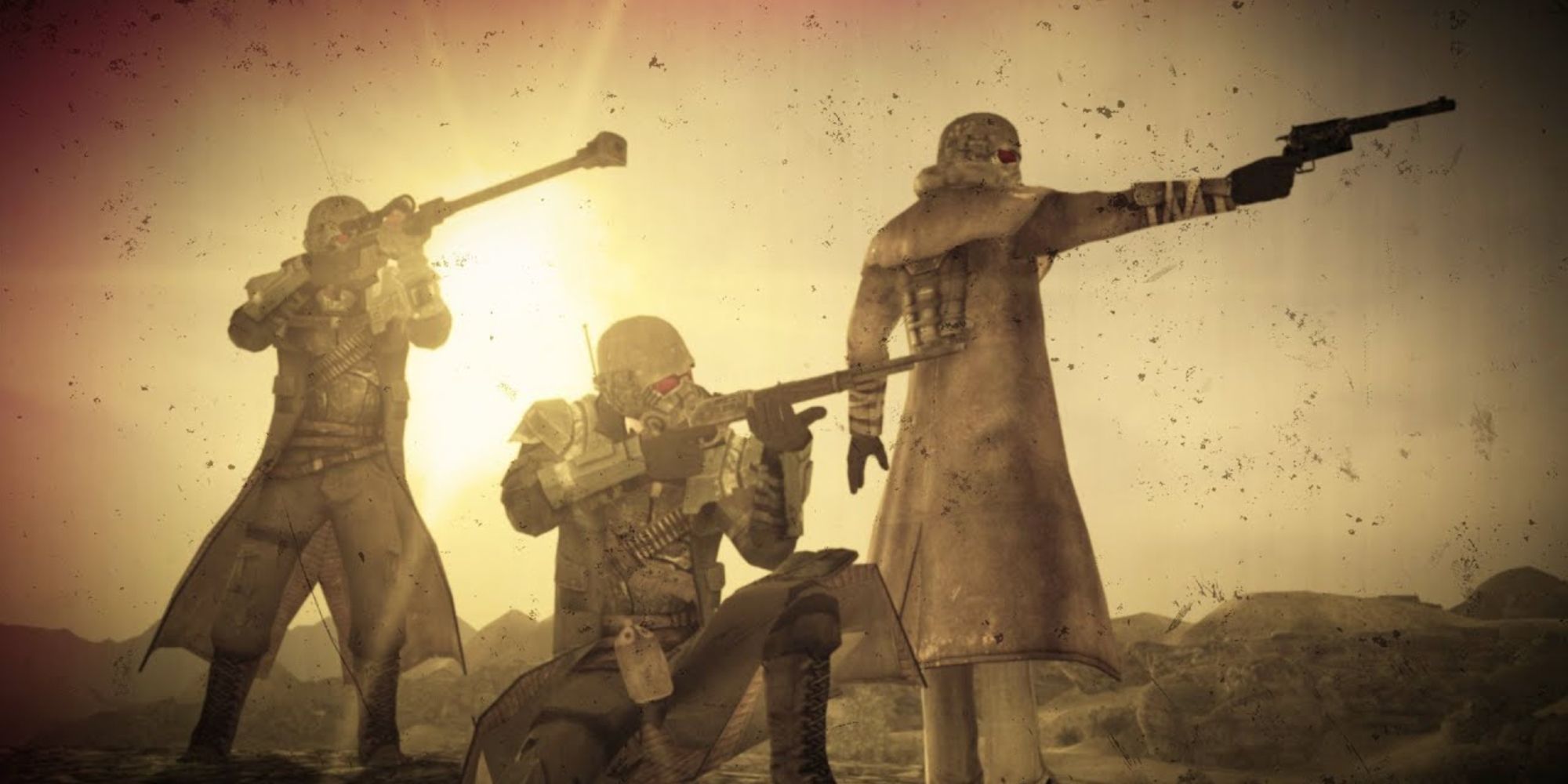Speculative fiction is the umbrella category that contains everything from science fiction to fantasy. Everything that imagines a world based on conjecture fits into that super-genre, but one interesting piece uses history to create its new world. When a writer examines the possible future as influenced by a new past, they enter the world of Alternate History fiction.
Science fiction and fantasy are, in many ways, the same concept in reverse. Sci-fi explores a possible future, influenced by theoretical scientific development. Fantasy considers a world influenced by magic and myth. Alternate history is much more grounded, as it seeks to change everything we know about the real world.
Alternate History depicts different routes that the timeline could have followed, imagining a modern-day or distant future on that path. Every Alternate History story has a point of divergence, a moment or period during which things went differently. Typically, the story doesn't primarily take place at the POD, it usually occurs long after, giving the timeline plenty of time to change. Some common choices for points of divergence include major wars, big-name assassinations, massively influential moments in art, examples of imperialism, or advances in technology. These Alternate Histories are separate from Alternate Universes, which introduce a fictional element to the existing timeline. If aliens land on Earth, changing the events of World War II, that's an Alternate Universe. If the Axis Powers win and the rest of the story is about the fallout of that event, that's Alternate History.
Alternate History is fan fiction for history. As such, it's one of the oldest disciplines in fiction. The earliest examples come just before and just after the turn of the Common Era, over 2000 years ago. Herodotus's Histories, which is dated to around 430 BCE is primarily a record of events and traditions of the era, but it also includes plenty of conjecture about what could have happened. The first proper example is probably Livy's Ab Urbe Condita Libri, which imagines an alternate reality in which Alexander the Great continued his invasions. Alexander died at 32 of either sudden disease or treacherous poison, so his undefeated battle streak was cut short by a death off of the battlefield. Livy imagined Alexander and his Macedonian forces attempting to invade Rome. He went on to imagine that the Roman Empire that he lived in would finally defeat the great conquerer. It borders on retroactive bragging, a "my country could beat up your country" for the 4th century.
Many hugely notable writers have put their stamp on the Alternate History genre. Winston Churchill wrote a famously absurd treatise called "If Lee Had Not Won the Battle of Gettysburg." That story takes place in an alternate history that saw the south win the Civil War, but it follows a person reading a historical account of the real world. Churchill's victorious Confederates go on to ally themselves with the former Union, then they join with England and prevent World War I. Nathaniel Hawthorne, of Scarlet Letter fame, wrote "P.'s Correspondence", the first English-language Alternate History of record. It's a comedy sketch in which a man writes letters about his conversations with actually long-dead figures like Napoleon and Lord Byron.
Countless Alternate History stories have attained popularity over the years. Phillip K. Dick's The Man in the High Castle depicts the worst-case scenario in which the Axis powers win World War II. That work also depicts a view of our history from their perspective in which several things are changed. From the opposite perspective, Quentin Tarantino's ongoing shared cinematic universe imagines a reality in which Hitler's regime was defeated over a year early. Arguably, that history diverged earlier, allowing Samuel L. Jackson's character in The Hateful Eight to fight in the Union Army before he'd historically be allowed to. Tons of cinematic examples of this trope pervert the idea by adding in some supernatural element. From Dracula Untold giving Vlad III vampire superpowers to the Godzilla franchise using the King of the Monsters as the franchise's point of divergence.
Video games also have a lot of fun with alternate histories. The clear favorite among the medium is the Cold War, as countless games take place in a world in which the conflict with Russia went hot. Fallout is the most iconic alternate history, but its point of divergence actually occurs sometime shortly after World War II, leading to a retrofuturist world that centers on the 50s. Dozens of 90s real-time strategy games use the Cold War, including but not limited to; World in Conflict, Operation Flashpoint, Flashpoint Campaigns, Wargame: European Escalation, and many more. Interestingly, the Metal Gear franchise creates an alternate history by adding elements to the Cold War, rather than having it boil over.
The Alternate History genre has so much room for exploration, even though it's been common since before authors wrote on paper. There are endless historical concepts that can be changed slightly to create a whole new world.



